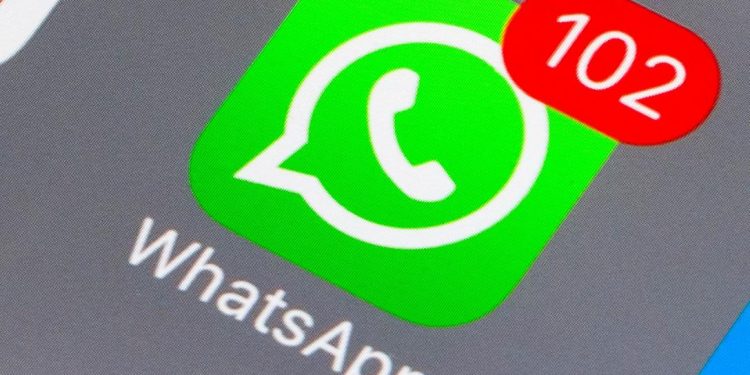Facebook-owned messaging service WhatsApp will let users in India send money through the app starting Friday, as long as they have a bank account and debit card in India.
India is one of the largest markets for WhatsApp with more than 400 million users.
WhatsApp said in a blog post that it is working with five major banks in India: ICICI Bank, HDFC Bank, Axis Bank, State Bank of India — the largest public lender in the country — and Jio Payments Bank.
The new feature is available on the latest version of WhatsApp on Apple’s App Store and Google’s Play Store. It was designed using the United Payments Interface (UPI), an infrastructure created by the country’s top payments processor, the National Payments Corporation of India (NPCI).
Mobile apps built on the UPI infrastructure can access multiple bank accounts in a secure manner and merge services like making digital payments and peer-to-peer money transfer in real time.
UPI is one of the most dominant methods of digital payments in a market that is projected to more than double from $64.8 billion in 2019 to $135.2 billion in 2023, according to an industry report last year. What makes UPI stand out from mobile wallets is its interoperability.
For most other mobile wallets, both the user and merchant need to have the same wallet platform for a transaction to be processed. That is not required for UPI — users and merchants can use different platforms that are built on the framework for the transaction.
All major payment names in India use the UPI framework, which processed more than 2.07 billion transactions in October, up from around 1.80 billion a month earlier.It is supported by nearly 190 lenders in the country.
India’s top payments processor on Thursday said it gave WhatsApp approval to roll out its payments feature on the UPI and gradually scale up. “WhatsApp can expand its UPI user base in a graded manner starting with a maximum registered user base of twenty (20) million in UPI,” the NPCI said in a statement.
The payments feature is available in 10 Indian regional language versions of WhatsApp, Facebook CEO Mark Zuckerberg said in a video statement.
“With UPI, India has created something truly special. It’s opening up a world of opportunities for micro and small businesses that are the backbone of the Indian economy,” he said.
WhatsApp initially rolled out a peer-to-peer payments service for limited users in India in early 2018 and spent the subsequent time clearing regulatory hurdles, according to various media reports.
WhatsApp will face competition from the likes of Google Pay, Walmart’s PhonePe and Alibaba-backed Paytm, which also has its own mobile wallet.








